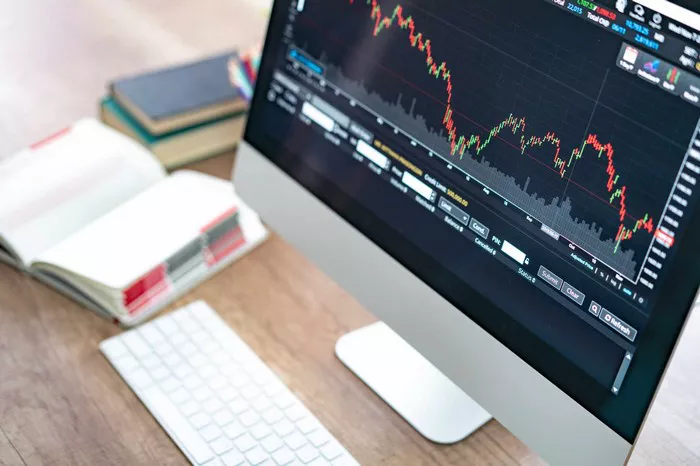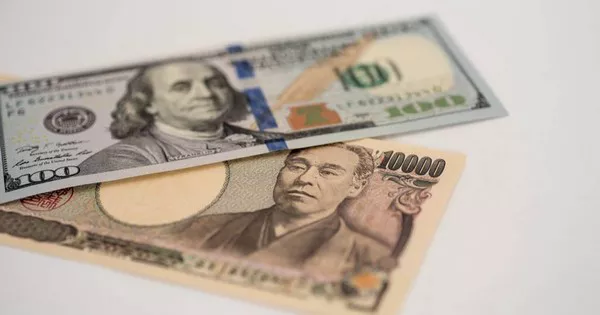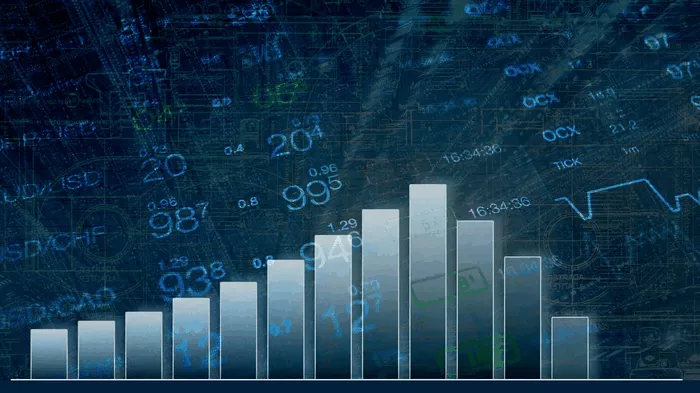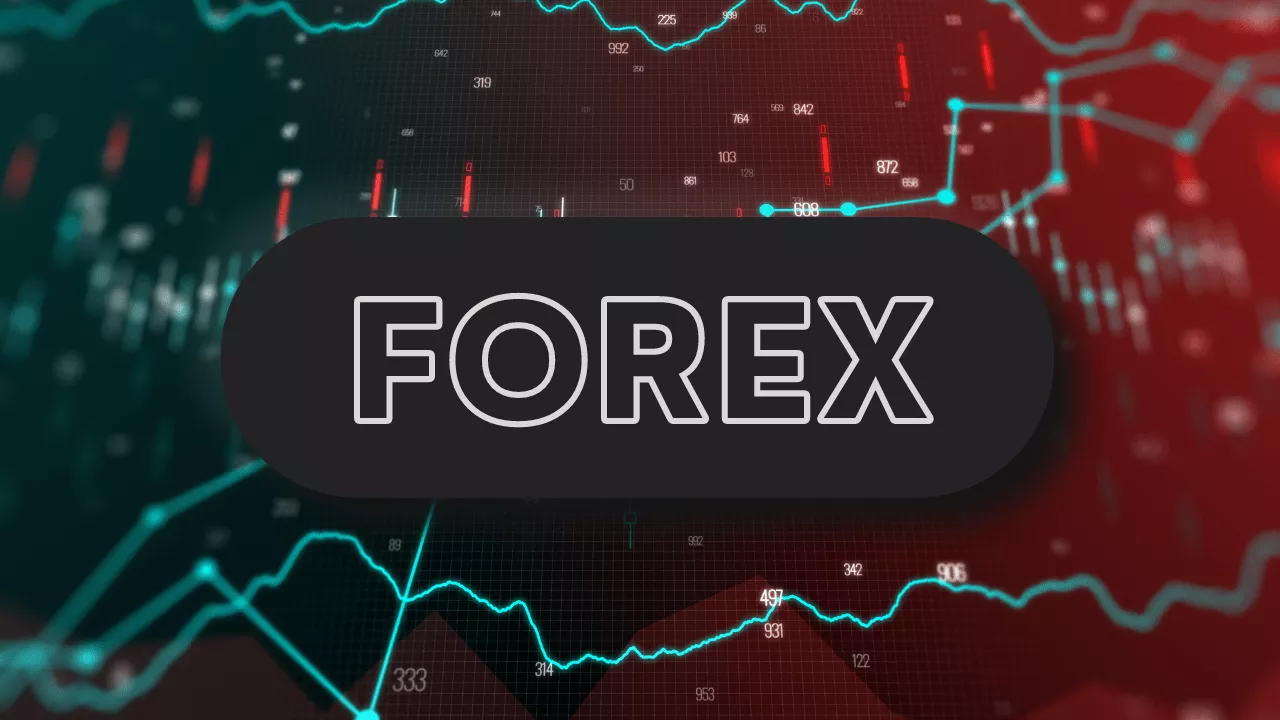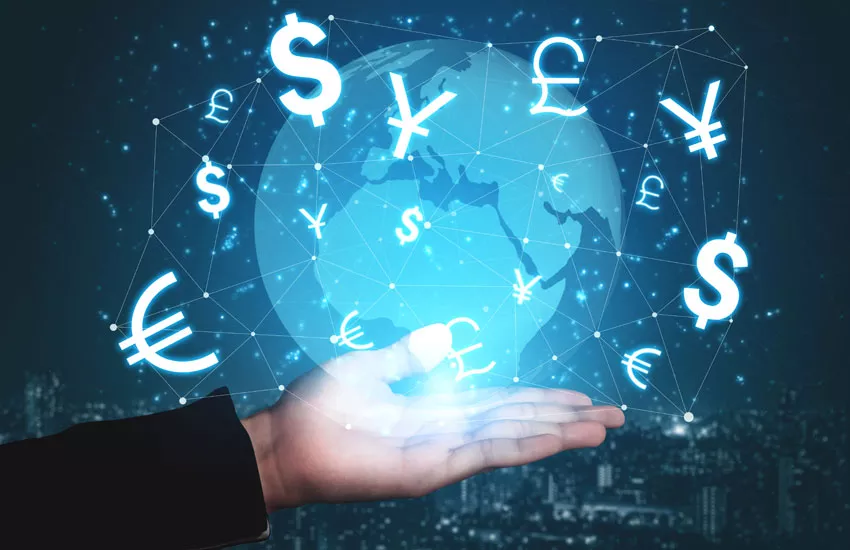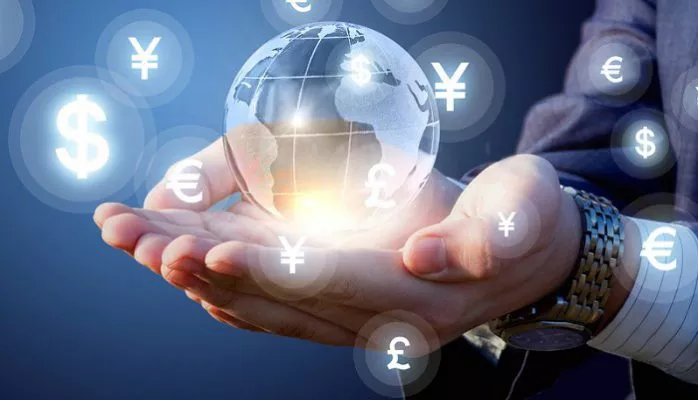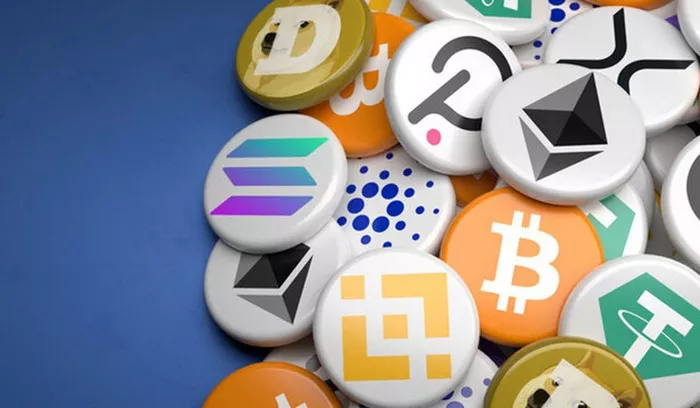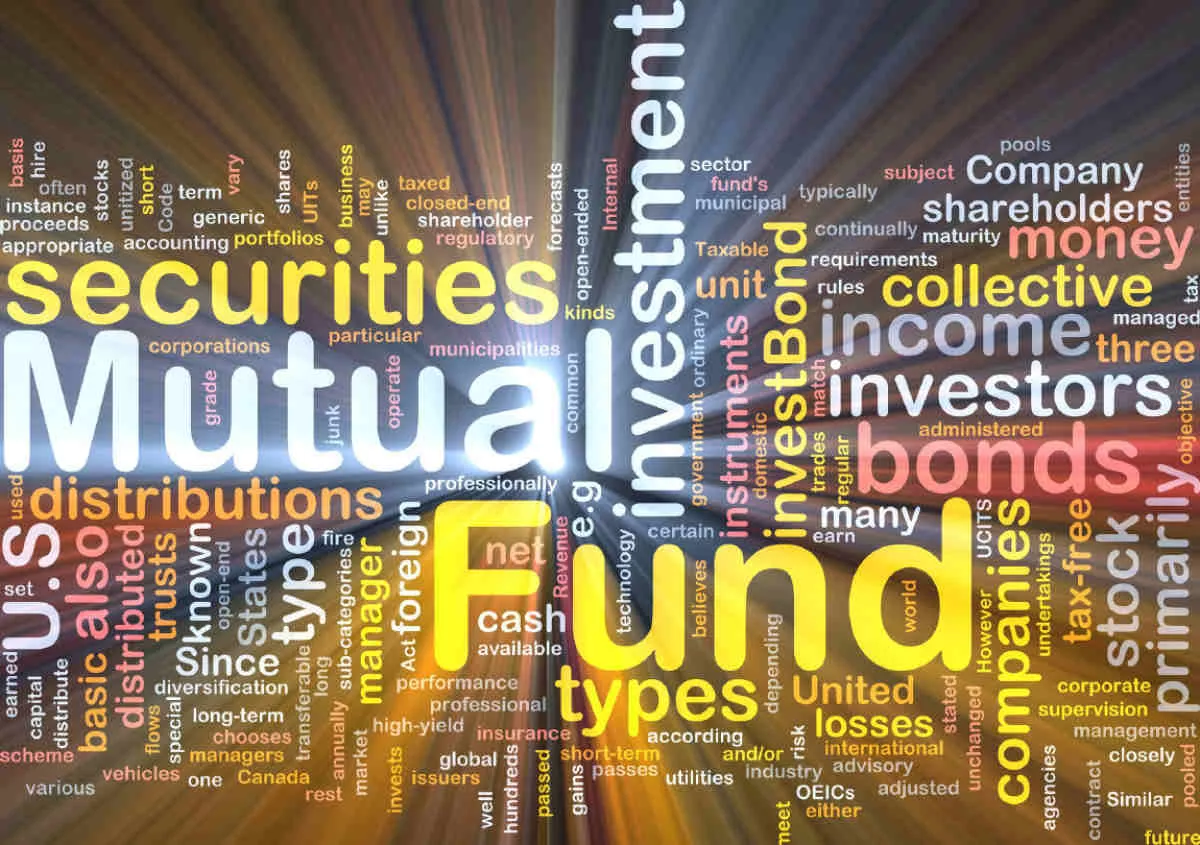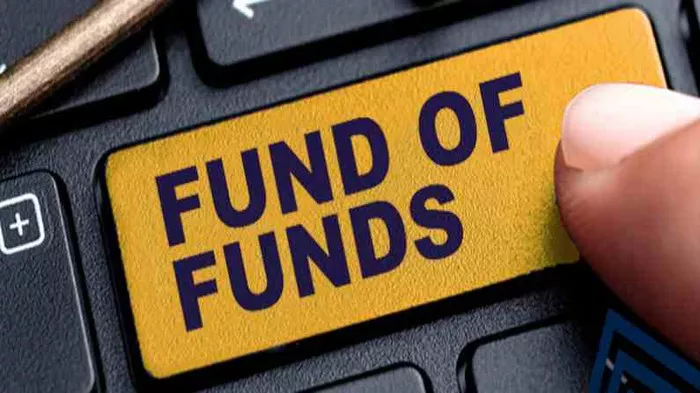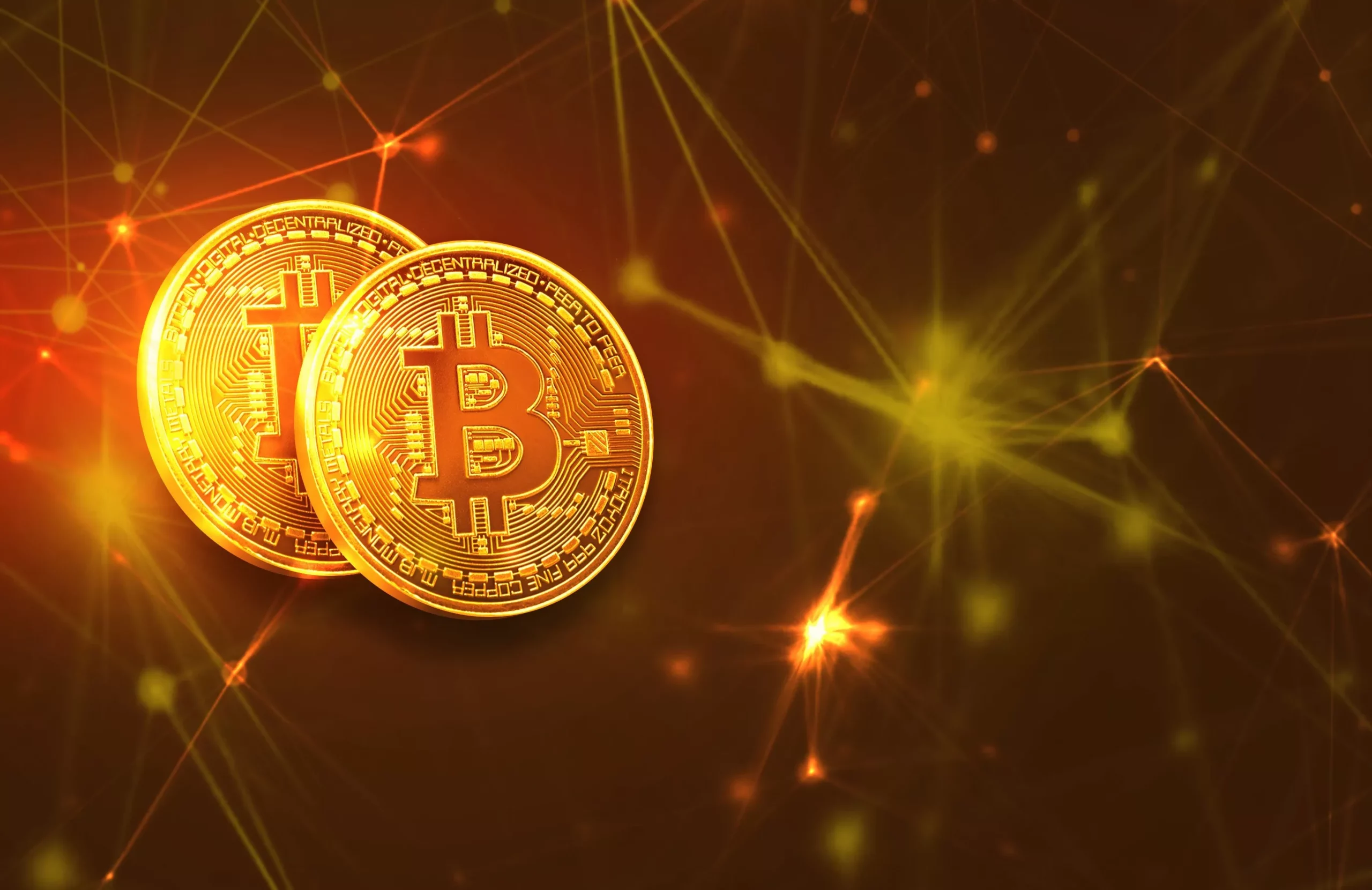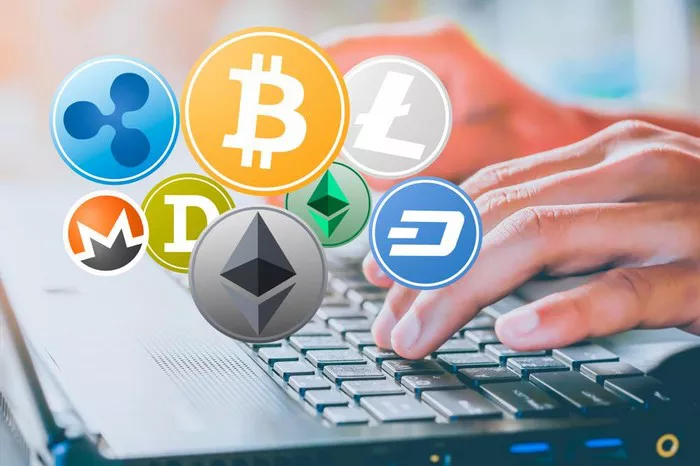The exchange rate between the US Dollar (USD) and the Nigerian Naira (NGN) is a topic of interest for individuals and businesses dealing with international transactions in Nigeria. While the official exchange rate is often provided by government institutions such as the Central Bank of Nigeria (CBN), the black market rate is a significant factor that cannot be overlooked. This article explores the USD to Naira exchange rate in the black market, the factors that influence it, and its impact on the Nigerian economy and individuals.
Understanding the Black Market Exchange Rate
Before delving into the specifics of the USD to Naira exchange rate in the black market, it is important to understand what the black market is and how it operates.
What is the Black Market?
The black market refers to an informal and unregulated marketplace where goods and services, including currencies, are traded outside the bounds of official government regulation. In the context of foreign exchange, the black market operates when individuals or businesses bypass official channels such as banks and forex bureaus to buy or sell foreign currencies, often at rates that differ significantly from the official rates set by central banks.
In Nigeria, the black market for currencies, especially the US Dollar, has grown due to a variety of factors. These include restrictions on access to foreign exchange, inflation, and demand for USD in business and daily transactions. The black market exchange rate is often higher than the official rate, making it an important consideration for anyone looking to exchange currencies in Nigeria.
How the Black Market Exchange Rate Differs
The official exchange rate is set by the Central Bank of Nigeria and reflects the rate at which foreign currencies can be bought or sold through authorized channels like commercial banks. However, this rate may not always be available for individuals or businesses who need foreign currency, especially the US Dollar, for transactions such as importing goods, paying for services, or even personal travel. As a result, many Nigerians turn to the black market, where the exchange rate is typically higher due to factors such as scarcity of dollars, economic instability, and demand.
The black market exchange rate fluctuates daily based on supply and demand, with various informal dealers and traders offering different rates. The rate at which USD is bought and sold in the black market can vary significantly from the official rate, which can have important implications for businesses, consumers, and the overall economy.
Factors Influencing the USD to Naira Exchange Rate in the Black Market
Several factors contribute to the disparity between the official exchange rate and the black market rate for USD to Naira. These factors are often interconnected, with both domestic and global events playing a role in shaping the exchange rate.
Demand for USD
One of the key drivers of the black market exchange rate is the demand for US Dollars. In Nigeria, there is a constant demand for USD due to various reasons:
Imports: Many businesses in Nigeria rely on USD to pay for imported goods, particularly raw materials, machinery, and consumer goods.
Travel: Nigerians traveling abroad need USD to cover expenses such as flights, accommodation, and other travel-related costs.
Savings: Due to concerns about the stability of the Naira, some Nigerians prefer to hold their savings in US Dollars as a hedge against inflation and currency devaluation.
When demand for USD outstrips supply, the value of the Naira falls, and the black market rate rises as individuals are willing to pay a premium for USD.
Central Bank Policies
The Central Bank of Nigeria plays a significant role in regulating the official exchange rate through its monetary policies. The CBN has, in the past, implemented restrictions on the sale of foreign currency, particularly the US Dollar, to conserve foreign reserves and stabilize the Naira. These policies include measures such as limiting access to forex for certain transactions, imposing quotas on foreign exchange sales, and introducing a series of foreign exchange windows.
However, these policies can create a gap between the official and black market rates. When access to USD is limited through official channels, individuals and businesses turn to the black market, where they are often forced to pay a higher price for the currency.
Scarcity of Foreign Reserves
Nigeria’s foreign exchange reserves are another factor influencing the black market rate. The country’s reserves are largely dependent on oil exports, and fluctuations in oil prices can have a significant impact on the availability of USD. When oil prices fall, Nigeria’s foreign reserves decrease, leading to a scarcity of foreign exchange and pushing up the black market rate. Conversely, when oil prices rise, foreign reserves increase, which can have a stabilizing effect on the exchange rate.
Inflation and Economic Instability
Inflation and economic instability also contribute to the demand for foreign currencies, especially the US Dollar. In times of high inflation, the purchasing power of the Naira declines, leading Nigerians to seek more stable currencies like the US Dollar. Economic uncertainty, such as political instability, rising government debt, and high unemployment rates, can also drive people to the black market for USD as a way to protect their assets from currency depreciation.
Geopolitical Events
Geopolitical factors, both domestically and internationally, can affect the USD to Naira exchange rate in the black market. Events such as changes in government, international sanctions, or global financial crises can create volatility in the currency markets. For example, during the COVID-19 pandemic, many countries experienced economic challenges that led to fluctuations in the forex market, with some currencies, including the Naira, experiencing sharp declines in value.
Speculation
Currency speculation is a common practice in black markets, where traders anticipate future movements in exchange rates and buy or sell currencies accordingly. Speculators who predict that the Naira will weaken against the US Dollar may purchase large amounts of USD in advance, driving up the price in the black market. Similarly, if they expect the Naira to strengthen, they may sell off their USD holdings, which can lead to a decrease in the black market rate.
The Impact of the Black Market Exchange Rate on the Nigerian Economy
The disparity between the official and black market exchange rates for USD to Naira can have significant consequences for the Nigerian economy. The effects are felt by businesses, consumers, and the government alike.
Impact on Businesses
Businesses that rely on foreign exchange for importing goods or services are directly impacted by the black market rate. When the official exchange rate is lower than the black market rate, businesses are forced to purchase USD at a premium, increasing the cost of doing business. This can lead to higher prices for imported goods, which can contribute to inflation and reduced purchasing power for consumers.
In addition, businesses that operate in the black market may face legal risks, as the Central Bank of Nigeria strictly regulates foreign exchange transactions. Engaging in black market currency trading can result in fines or other penalties for businesses caught violating exchange control regulations.
Impact on Consumers
Consumers are also affected by the black market exchange rate. As businesses pass on the higher costs of obtaining foreign currency to consumers, prices for imported goods and services rise. This creates inflationary pressure, reducing the purchasing power of the Naira and increasing the cost of living. Additionally, individuals who need to convert their Naira to USD for travel or savings purposes may find themselves paying higher rates in the black market, further eroding their disposable income.
Impact on the Government
The Nigerian government faces challenges related to the black market exchange rate. The gap between the official and black market rates can complicate efforts to stabilize the economy and control inflation. When the black market rate is significantly higher than the official rate, it may encourage more people to turn to the informal market for their foreign currency needs, undermining government policies aimed at managing the exchange rate.
Furthermore, the government may face difficulties in attracting foreign investment if the exchange rate remains volatile. Foreign investors typically prefer stable and predictable exchange rates, and the presence of a large black market can create an environment of uncertainty that discourages investment.
How to Track the USD to Naira Black Market Rate
Tracking the USD to Naira exchange rate in the black market can be challenging due to its volatile nature. However, there are several methods for staying informed about the rate.
Forex Bureaus and Street Traders
Many forex bureaus and street traders in major Nigerian cities such as Lagos, Abuja, and Port Harcourt provide informal exchange rates for USD to Naira. These rates are often higher than the official rates, and the difference can vary throughout the day depending on market conditions.
Online Platforms and Social Media
There are various online platforms, including financial news websites, forums, and social media groups, where Nigerians discuss and share information about the black market exchange rate. These platforms can provide real-time updates on the prevailing rate, although they may not always be reliable or consistent.
Currency Conversion Apps
Several currency conversion apps allow users to track exchange rates in real time. These apps often provide both official and black market rates, although the black market rates may be based on user-reported data rather than official sources.
Conclusion
The USD to Naira exchange rate in the black market remains an important issue for many Nigerians, as it influences everything from business costs to personal finances. The black market rate is driven by a range of factors, including demand for USD, central bank policies, scarcity of foreign reserves, inflation, and geopolitical events. While the black market rate may offer a more flexible exchange option for some, it can also create challenges for the economy, businesses, and consumers.
For anyone involved in foreign currency transactions in Nigeria, understanding the black market exchange rate and the factors that influence it is essential for making informed financial decisions. As the Nigerian economy continues to evolve, it will be important to monitor the black market rate and its impact on both the short-term and long-term economic landscape.
Related topics:

